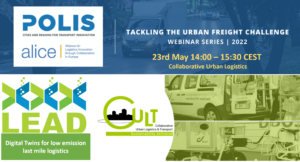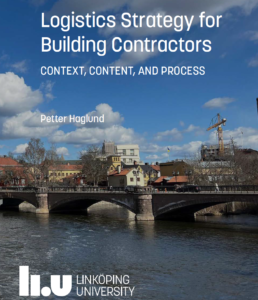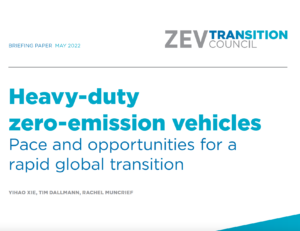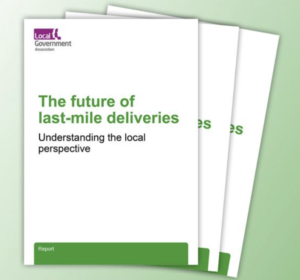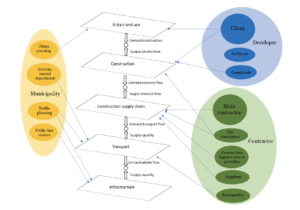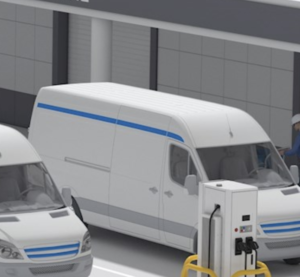SURF Final Report gives insights on sustainable urban freight
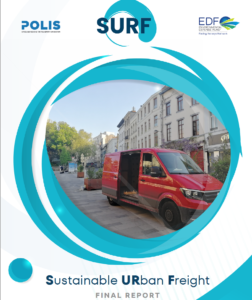
After months of exploring the topics of Sustainable URban Freight and Zero-Emission Zones for freight – also known as ZEZ-F, the SURF project – a joint effort of Environmental Defense Fund Europe and POLIS Network officially ended. The SURF Final Report is a testament to this exciting and rich adventure. Building upon the How-to Guide on Zero-Emission Zones for Freight, the project has provided cities with …

